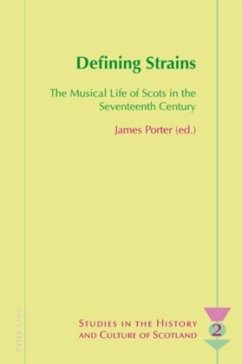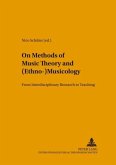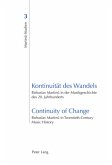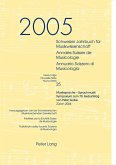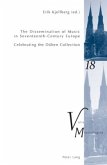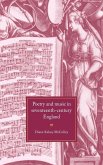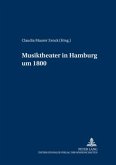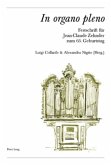This volume aims to fill a historical gap in the recent coverage of musical life in Scotland. The seventeenth century in Scotland, as in Europe, was one of religious controversy and civil strife. The period has thus been neglected by music historians in comparison with the centuries before and after it. But despite loss of royal patronage after 1603 Scots still made their impact as composers and preservers of their musical language. It was in this century that a distinctive Scots melodic idiom crystallised, as those 'defining strains' laid the basis for the flowering of song, both Highland and Lowland, a century later. At this time Scots also took a lively interest in the music of England, Ireland, France and Italy, as is evident in the music manuscripts of the period. This volume is the result of new research into such key figures as the composers Tobias Hume, William Kinloch, Patrick MacCrimmon, and the Aberdeen publisher John Forbes; it looks at the important manuscripts, including those of the classical bagpipe, harp, lute and keyboard repertoire as well as imported French and Italian music; it deals with burgh and ceremonial music, secular songs and their texts, and the psalm-singing that dominated public life. The essays are newly written from a range of specialties, including those of manuscript source analysis, text and music relationships, social contexts, and performance practice.

